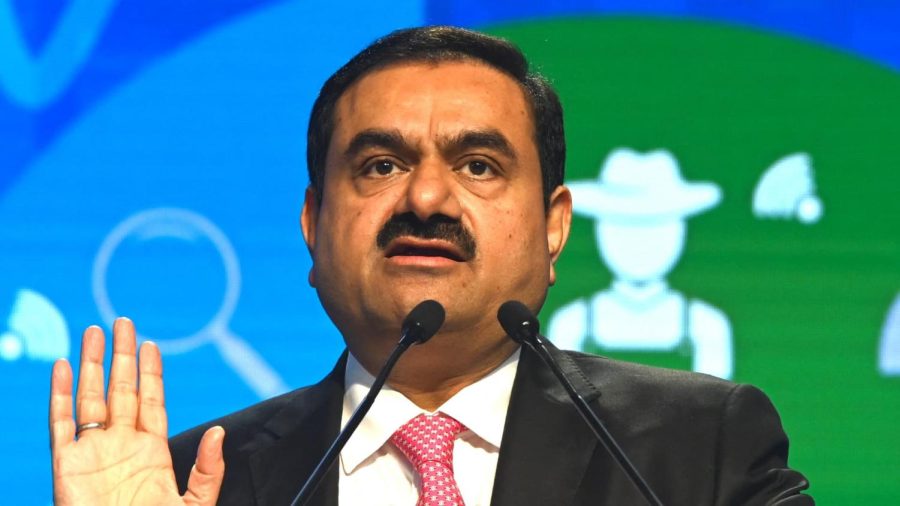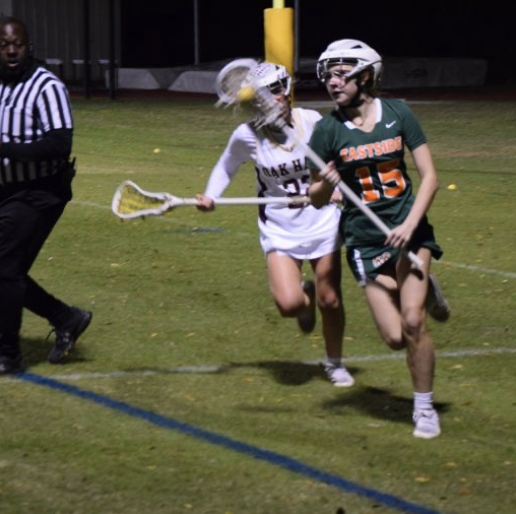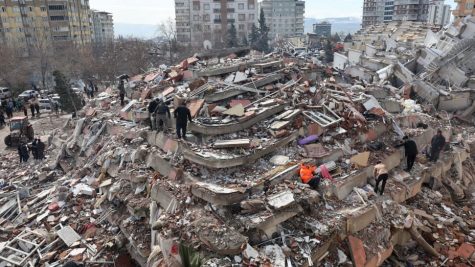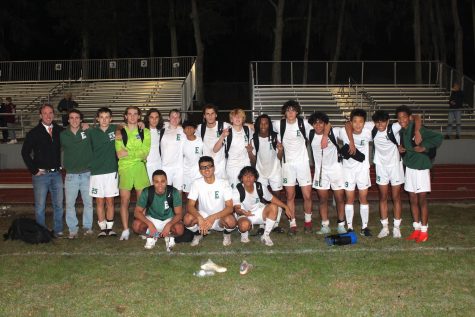Appeasement: The Sweet Flavor With A Bitter Aftertaste
Appeasement. Upon first glance, appeasement appears to be an elegant yet simple, innocent, eleven letter word that could be ascribed to many aspects of daily life. It sounds sweet, like something that prevents conflict and hastens reconciliation. However, in the world of international geopolitics, the word has left an acrid aftertaste in people’s mouths for the past century. Although this distinct aftertaste has encouraged people to confine appeasement to history textbooks, the time has come to release it. As the one year anniversary of Russia’s initial invasion of Ukraine quickly approaches, the stakes have never been higher for Ukraine, the North Atlantic (a geographic area consisting of Europe and North America) and the world as a whole. The time has come for us to dust off and crack open the old history textbooks in our attic, inhale the comforting aroma of these aged treatises, and refresh our knowledge of appeasement during the Interwar Period. It’s time for us to understand exactly what appeasement looks like, discern if conduct paralleling the appeasement witnessed during the Interwar Period is happening today, and if it is, decide if we want to make this conduct a permanent fixture of our foreign policy.
First, what exactly is geopolitics? Geopolitics is a discipline focused on the nuances of the interactions between two independent countries, with special consideration for how geographical factors influence their relationship overall. For example, geopolitics might consider how Russia’s proximity to Ukraine has contributed to Russia’s hostility towards Ukraine. Since the two countries are next to each other, Russia might simply be aggressive towards Ukraine because it wants to expand its territory westward and Ukraine is in the way.
Now that we have a foundation of geopolitics as a discipline, we need to figure out exactly what appeasement means in the context of geopolitics. Appeasement boils down to making concessions/giving in to an aggressive country in order to avoid conflict. In European History, the most infamous instance of appeasement occurred during the Interwar Period, when the governments of Western Europe, namely Britain and France, avoided taking action against the fascist powers of Central Europe, namely Germany and Italy, when they aggressively remilitarized and seized territory across the European continent and the world. Abbysinia, Spain, Austria, Czechoslovakia, and Poland would all fall either directly to fascist power or indirectly to the fascist ideology before the governments of Britain and France decided to ask. And even then, their severe lack of haste in halting fascist expansionism would result in almost all of continental Europe, including France, falling prey to the aggressive tendencies of the blossoming fascist axis.

Many of us know how the story ends. The fascist powers invade the young Soviet Union, believing that it would easily fold under their might. This belief never actualizes as the Soviets fight back, and after repulsing this large-scale invasion, force their way towards Berlin, the beating heart of European fascism. Meanwhile, Japanese provocation, coupled with increasing Anglo-American and Soviet-American economic ties, encouraged the United States to intervene and oppose the fascist powers. The three anti-fascist powers quickly aligned themselves with an internally unstable but tenacious China to check fascist expansionism, drive the fascist powers back to their own territory, and eventually force them to capitulate. These anti-fascist powers, known historically as the Allies, successfully triumphed over fascism. However, because they allowed fascist power to go unchecked prior to the eruption of World War II, the fascist powers were far stronger than they would have been otherwise, and the war itself was far more of a close call. As a result, Europe was in tatters following the war.
Surely now, you might conclude, since history shows us that appeasement only results in more pronounced conflicts, a greater human toll, and larger scales of destruction, it is no longer in practice. Unfortunately, you couldn’t be more wrong. Although the 2022 Russian Invasion of Ukraine has finally caused the countries of the North Atlantic to limit their practice of appeasement towards Russia, it was this bad habit that first emboldened the Russian government to launch its full-scale invasion of Ukraine, all but encouraging it, since Russian government officials firmly believed that European energy dependence on Russia would result in no repercussions. Many Post-Soviet conflicts are a reflection of this appeasement, including illegal Russian wars and interventions in Central Asia and the Caucasus (the most famous among them being the Russo-Georgian War of 2008), and, the one that continues to haunt recent memory, Russia’s illegal annexation of Crimea in 2014.
Although it is important not to solely judge the actions (or lack thereof) taken by governments in the North Atlantic and worldwide through a historical lens (since many other factors (geoeconomic, geopolitical, sociocultural, etc.) are at play), it is important to understand the usefulness of history not only in understanding modern conflicts and their roots, but also in alleviating them and preventing future conflicts. As the fateful anniversary (February 24) of the Russian invasion of Ukraine approaches, we must keep in mind that foreign policy is never solely based on internal factors, but rather a complex interplay between internal, external, and even historical factors. And although we might think otherwise, this statement rings as true for Russian foreign policy as it does for the foreign policy of any other country in the world.
Your donation will support the student journalists of Eastside High School. Your contribution will allow us to purchase equipment and cover our annual website hosting costs.



























